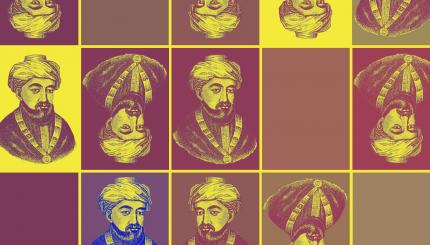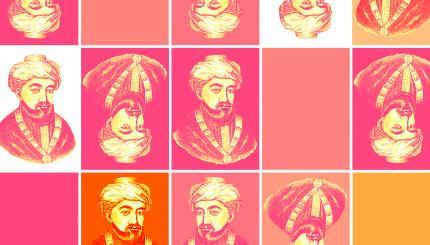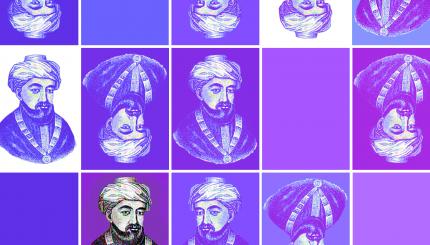Reprinted from The Jewish Religion: A Companion, published by Oxford University Press.
It is often said that Judaism speaks of God as the Father of all human beings who consequently are all brothers and sisters. This idea is often described as the doctrine of the Fatherhood of God and the Brotherhood of Man.
The fact is, however, that this formulation is modern and highly apologetical. There is much discussion on the whole question of ·universalism and particularism in Judaism but this particular formulation finds no support in the Jewish sources. The Bible does not speak directly anywhere of God as Father but the idea is found by implication in the verse: "Ye are the children of the Lord your God (Deuteronomy 14:1)." Since "ye" are His children it follows that He is "your" Father. But the "ye" in the verse refers to the people of Israel. The intimate relationship described in father-children terms is reserved for God’s relationship to Israel, not for mankind as a whole.
Modern exponents of the Fatherhood of God and the Brotherhood of Man are fond of quoting the verse: "Have we not all one father? Hath not one God created us? (Malachi 2:10)" but even a cursory glance at the verse in its context shows that the prophet refers to his own people’s relationship with God, as the verse concludes: "Why do we deal treacherously every man against his brother, profaning the covenant of our fathers?" It is even doubtful whether "father" in this verse refers to God. Many scholars understand "father" to mean the patriarch Jacob from whom all the people are descended.
With your help, My Jewish Learning can provide endless opportunities for learning, connection and discovery.
Rabbi Akiba (Ethics of the Fathers, 3.14) long ago gave expression to the authentic Jewish attitude in this matter:
"Beloved is man for he was created in the image [of God]; still greater was the love in that it was made known to him that he was created in the image of God, as it is written: ‘For in the image of God made He man (Genesis 9:6).’ Beloved are Israel for they were called children of God; still greater was the love in that it was made known to them that they were called children of God, as it is written: ‘Ye are the children of the Lord your God (Deuteronomy 14:1).’"
Rabbi Akiba, to be sure, affirms that every human being is created in God’s image but he understands the special, intimate father-children relationship to be reserved for God in relation to Israel. Like many a rabbinic saying, Rabbi Akiba’s calls attention to both the universalistic and the particularistic elements in Judaism.


